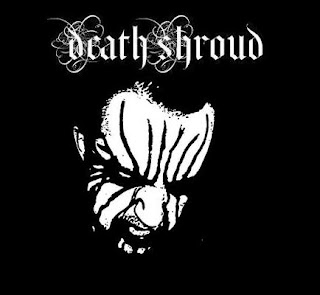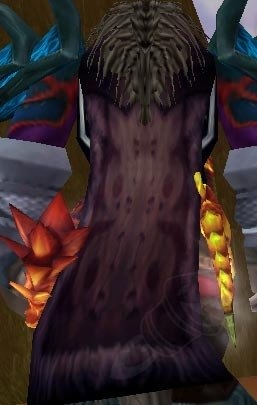
More work needs to be done on how we can do better to introduce healthier lifestyles, encourage self-care and therapy, discourage gang culture, and provide youth with constructive alternatives that don’t lead to dealing/using drugs or using guns on each other. It’s unfortunate that of all the genres of music in America, hip-hop and rap are going through such mortal turmoil. We can only hope that more attention to mental health can be paid to prevent more of our rappers from killing themselves, be it accidentally or premeditated. The pressures of fame piled onto the pitfalls of growing up Black in America as well as individual traumas are a lot for young men to confront and fight with. The music of acts like Lil Uzi Vert, Kid Cudi, Juice Wrld, Kanye West, and so many others have been rhyming about the pitfalls of mental illness and suicidal contemplation. Well, with cases like these, it’s understandable why. Cardi B expressed months ago that so many rappers who “wanna die” were making depressing music, as theGrioreported. Both Lil Loaded and Money Mitch died at their own hands via suicide. Lastly, the never-ending prevalence of mental illness still lingers among our young rappers. Knowledge of the past often gets lost as time goes on, and when these men leave us with so much more to do, it diminishes the opportunity for important stories to be told.

Not only that, but these were also keepers of the history of hip-hop. Like Dolph, they were able to use their fame and resources as tools to help their people, young and old. Kangol lent his time and voice to advance the community on GED’s and breast cancer awareness. Biz was a world-renowned DJ and personality who used rap as an education tool for kids via shows like Yo Gabba Gabba. Markie Dee wasn’t only a successful songwriter/producer, but a popular Miami radio host. (Photo by Bennett Raglin/Getty Images for BET) Young Dolph performs during the 2017 BET Experience at Staples Center on Jin Los Angeles. Pioneers such as these were important ambassadors for the culture. The loss of Markie Dee, Biz, and Kangol speaks to the generational void that has now widened even further in hip-hop. We got to see just how much DMX meant to his community of Yonkers, New York, from the candlelight vigils during his hospital stay through to his funeral procession. It undermines the fact that most hip-hop is defined by the local regions of homegrown MCs serving their respective communities. When someone like him is murdered – when another man decides that a man with the cachet and philanthropic nature of Dolph needs to die – it undermines all other independent artists. Dolph was a great example of independent success and ownership in hip-hop a self-sufficient entrepreneur and artist who invested in himself and his community.

The murder of Young Dolph leaves a void in the city of Memphis that is beyond measure.

With all that, this avalanche of death in hip-hop also puts a microscope on the culture and music itself. Money, fame, adoration and notoriety can’t protect him from such internal and external threats. Granted, it cannot be overstated that each of these deaths, while varied in the causes, represents that the Black man in America is subjected to a myriad of literal and figurative pre-existing conditions obesity, cancer, addiction, violence, and mental illness. But on top of that, the many deaths within the community are quite startling and puzzling. Their respective families and loved ones will be forever altered. Each of these deaths are tragic individually.


 0 kommentar(er)
0 kommentar(er)
